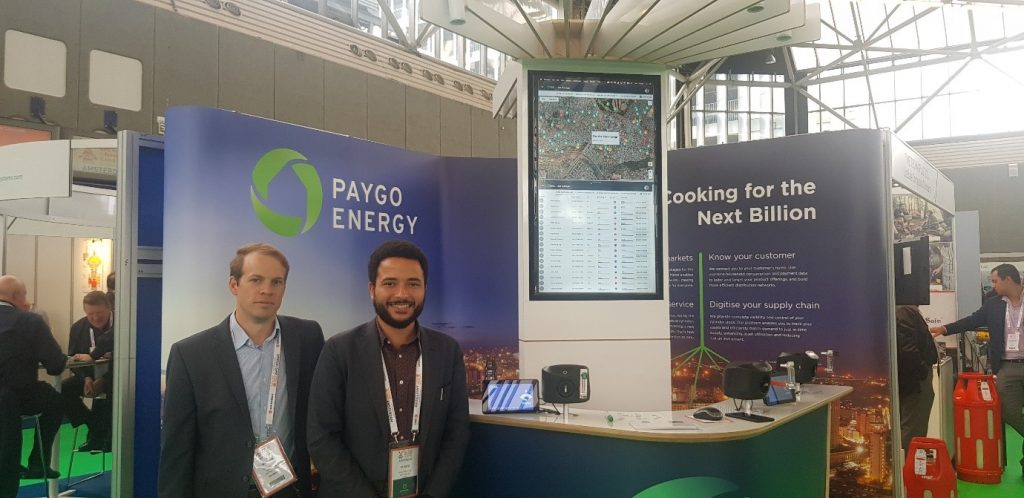- Date
- 16th October 2019
- Categories
- General
By Dr Simon Batchelor
I recently chaired the third LPG for Development Summit co-organized by the Global LPG Partnership and World LPG Association, a one day side event at the 32nd World LPG Forum & 2019 European Congress. It focused on the contribution of clean cooking fuels to sustainable development. This year the panel discussions focused on the role of LPG in improving health outcomes, in accordance with World Health Organization Guidelines for Emissions Reductions for Health, as well as their contribution to several Sustainable Development Goals and national development targets. Within the main congress there were also two MECS related sessions on LPG role in humanitarian contexts and the role of LPG contributing to the SDGs.
So what did I learn? Well I guess my first surprise was the number of people who say that the development community is only just realising the potential value of LPG as an interim step to clean kitchen air. Many spoke of how things had grown in the last few years, and that even six years ago, key international actors were not interested to consider LPG for clean cooking. They stated that that had now changed and that people considered LPG an easy step beyond biomass. It may be easy(ish) for the customer but the logistics have some challenges. A recent report from India cited by several people says that despite the Indian Governments fantastic action to encourage LPG use, that low income families are not refilling their cylinders, and only consuming one or maybe 2 in a year – implying they cook with biomass the rest of the time.
Of course with Climate Change rising up the agenda, many noted that while LPG tackles the kitchen air pollution it is nevertheless a fossil fuel. It contributes less to climate change than biomass, and updated reports from the WLPGA emphasise this. And there is work on bioLPG, some of which MECS will sponsor. Even that is not straight forward as it tackles the climate change aspect of fossil fuel but at the moment most bioLPG is from oil palm – which has challenges on biodiversity, deforestation and land use. Complex systems! Solve one problem and another pops up.
I was not aware of composite cylinders. The exhibition had many on display, and there is certainly a push to replace steel cylinders. One company I spoke to has distributed an impressive 80 million cylinders in the last 10 years. Composites are lighter – but also twice the price of steel. I found people who were keen on them and others resistant to the them. Those resistant were not just worried about the price, but about their 30 year life. Since they have only existed for 20 years – the long term life of scaled use is yet to be determined – and few in the industry want to bet on them only to have problems later in life. Those who were keen on them cited that they do not explode and there were videos of them being in a fire – they eventually melt, and the gas escapes as flame not explosion. Many steel cylinders have safety valves designed to be released in the event of a fire – but smaller 6kg cylinders often used in SSA don’t. I noted that the composites are lighter and it struck me that they will therefore save on distribution costs; surely their extra initial cost would be recovered by savings in truck fuel.

I met PayGo energy. They are one of the challenge fund winners, and run a pay as you go (as the name suggests) LPG service. I met their founder at the TEA event earlier in the year and its great to see how they have grown in the interim. They had an impressive dashboard with data on it, and could show when people cook and their consumption. This level of data will not only help them manage their service – planning truck routes to optimise logistics, but also it will give the industry insight into household consumption. What I was also struck by was how well they were spoken of by everyone in the industry that I spoke to. They are seen as ‘a bright start-up with a really good business model’.
So, it was good to hear and learn. LPG is within scope of MECS and we are looking at a number of research projects involving LPG (and bioLPG, and indeed biogas).